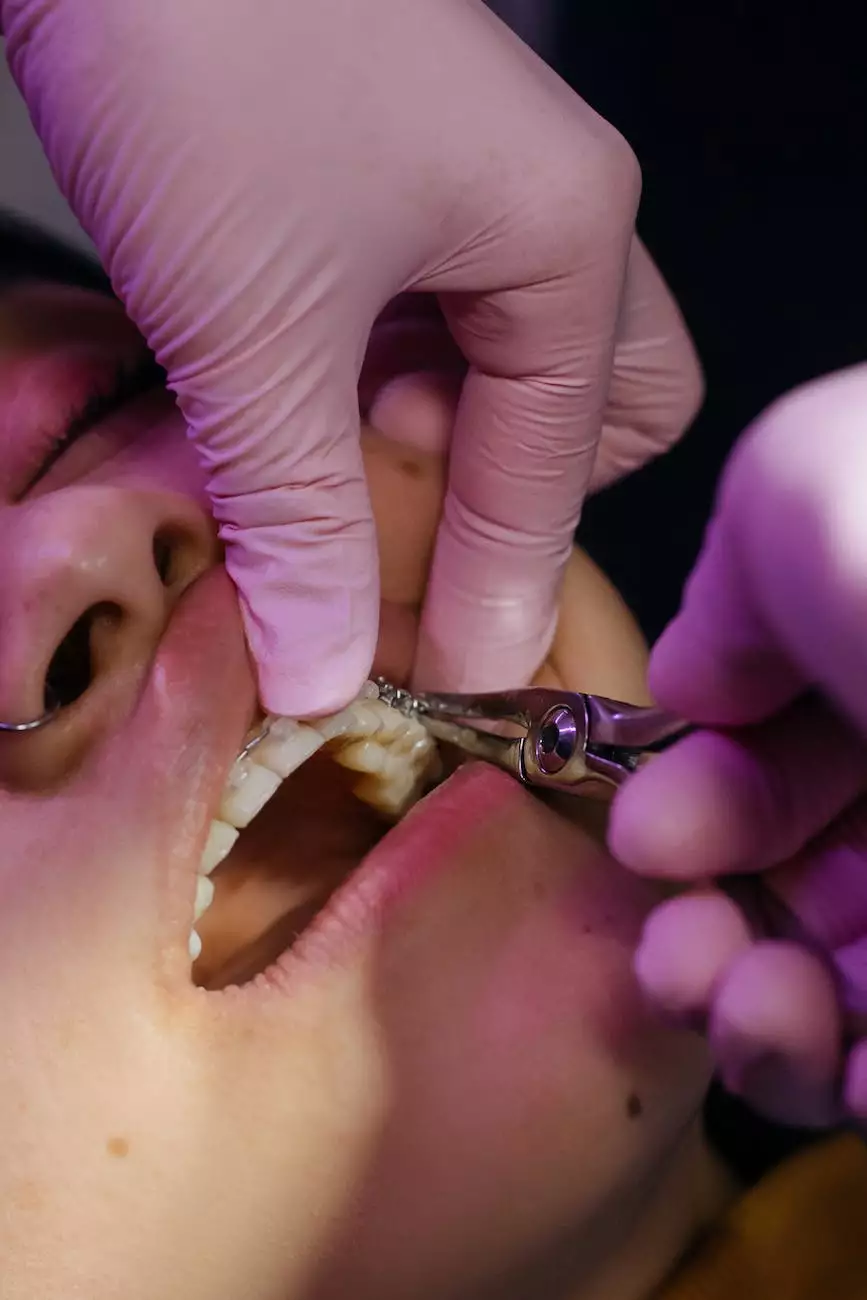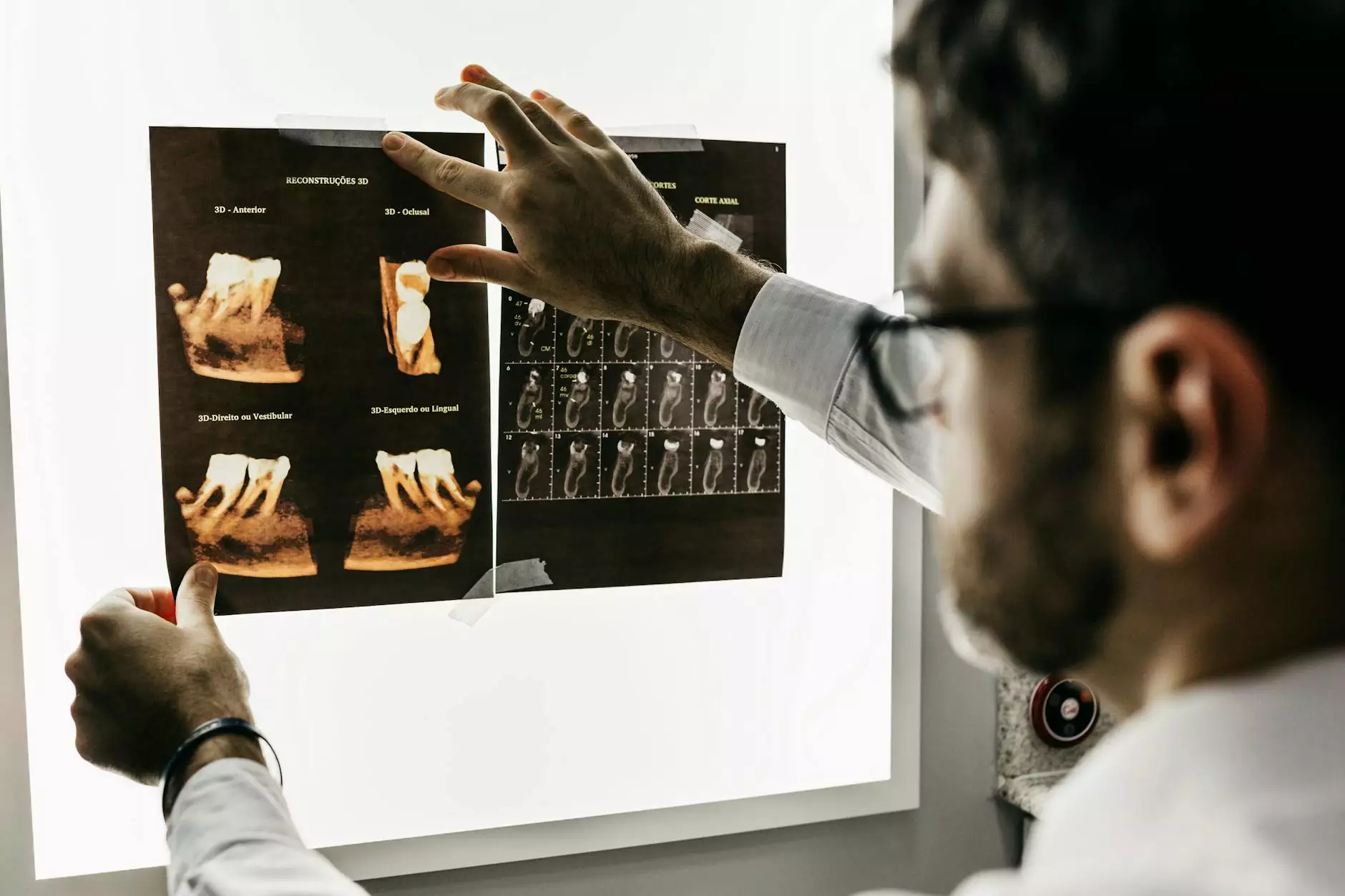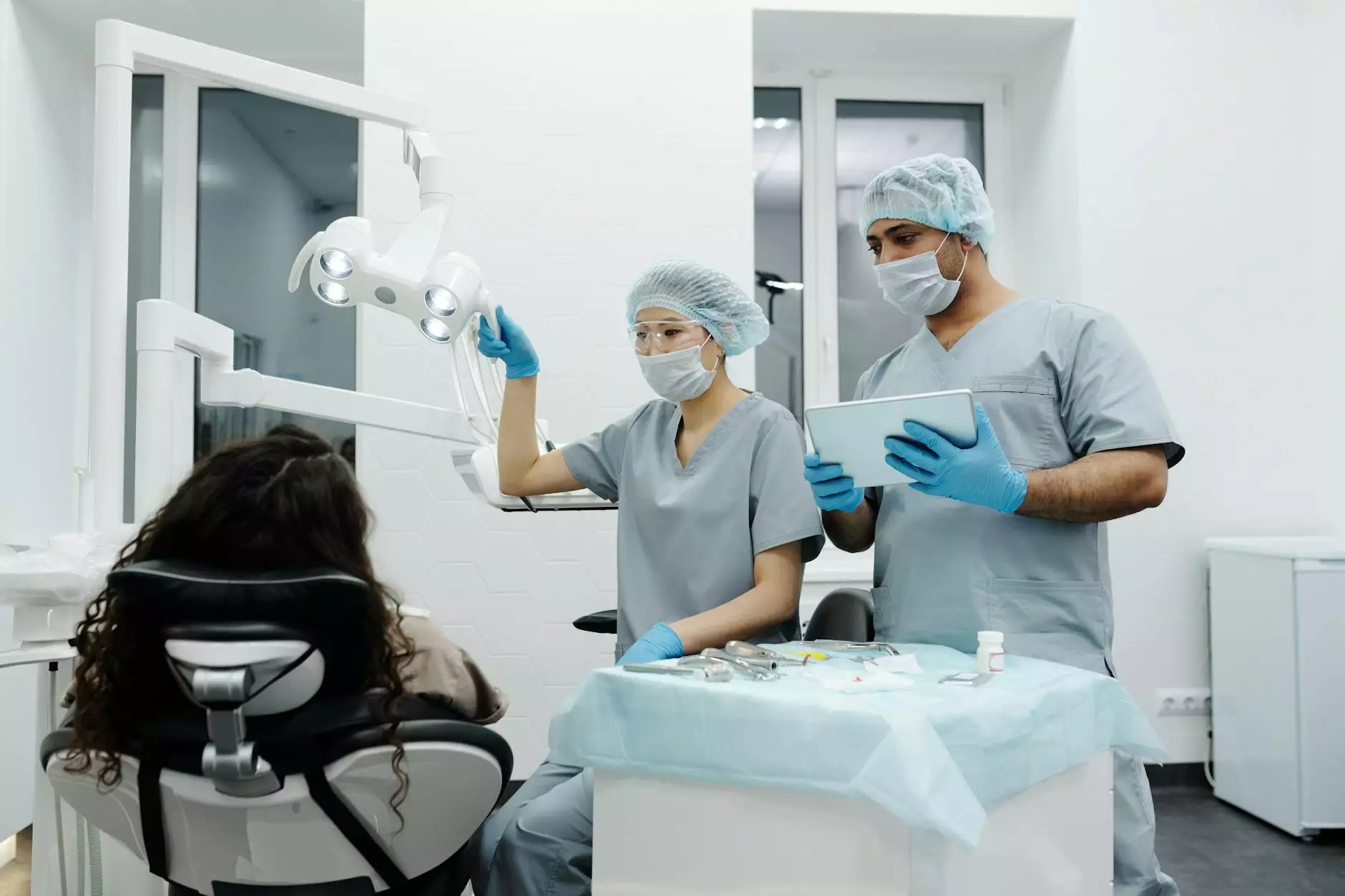Partials, Implants, and Bridges: Which Is Right for You?
Oral Health
Understanding Tooth Replacement Options
When it comes to replacing missing teeth, there are several viable options to consider. Partials, implants, and bridges all offer unique advantages, but it's essential to understand their differences to make the right decision for your oral health. In this guide, we will delve into each of these tooth replacement options, providing you with the necessary information to determine which one aligns best with your needs and preferences.
1. Partials: Restoring Functionality and Aesthetics
Partials, also known as removable partial dentures, are prosthetic teeth that can replace one or more missing teeth. They are an affordable and non-invasive solution for those who aren't suitable candidates for dental implants or bridges. Partials consist of replacement teeth attached to a gum-colored base, which is secured in your mouth using clasps or clips.
This treatment option is ideal for individuals who have lost several teeth but still have healthy natural teeth remaining. Partials not only restore your ability to chew and speak effectively but also improve your smile by filling in the gaps left by missing teeth. Additionally, they help prevent the remaining natural teeth from shifting out of position.
2. Dental Implants: A Permanent and Natural Solution
Dental implants have revolutionized the field of tooth replacement with their durability and natural look. Implants are titanium posts that are surgically placed into the jawbone, acting as artificial tooth roots. They provide a sturdy foundation for attaching custom-made crowns, bridges, or dentures.
What sets dental implants apart is their ability to fuse with the jawbone over time. This process, known as osseointegration, ensures stability and prevents bone loss. Dental implants function just like natural teeth, allowing you to eat, speak, and smile confidently.
While the implant placement process requires multiple appointments and a healing period, the long-term benefits make it a popular choice. With proper care, dental implants can last a lifetime, making them a valuable investment in your oral health and overall well-being.
3. Bridges: Restoring Chewing Function and Aesthetics
Dental bridges serve as a fixed solution for replacing missing teeth. They consist of one or more artificial teeth anchored by dental crowns on either side. The crowns are placed on adjacent healthy teeth or dental implants, bridging the gap left by missing teeth and restoring the functionality and aesthetics of your smile.
Bridges offer several advantages, including improved chewing ability, speech clarity, and facial symmetry. Unlike partials, bridges are not removable, offering a more permanent solution. However, the success of a dental bridge depends on the health and strength of the supporting teeth or dental implants on each side.
Choosing the Right Tooth Replacement Option for You
Deciding between partials, implants, and bridges depends on various factors, including your oral health, budget, lifestyle, and personal preferences. Consulting with an experienced dentist is crucial to assess your specific case and determine the most suitable treatment plan.
At Marvin Blumentritt, DMD - Troy Dental, we understand the importance of personalized care and guiding our patients through their tooth replacement journey. Dr. Marvin Blumentritt and our dedicated team of dental professionals will carefully evaluate your oral health, discuss the available options, and recommend the best solution tailored to your needs and desires.
Contact Marvin Blumentritt, DMD - Troy Dental Today
If you're considering partials, implants, or bridges as a tooth replacement option, don't hesitate to reach out to Marvin Blumentritt, DMD - Troy Dental. Our compassionate team is committed to providing exceptional dental care and helping you achieve a healthy, confident smile that lasts a lifetime.
Contact us today to schedule a consultation and take the first step toward restoring your oral health and reclaiming your smile!




